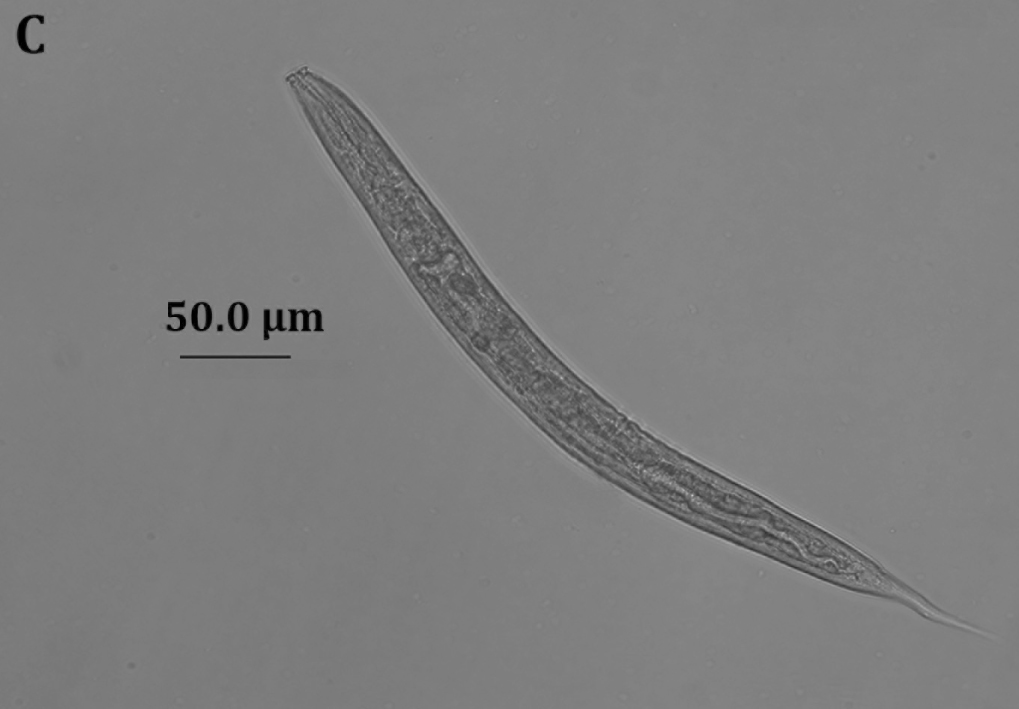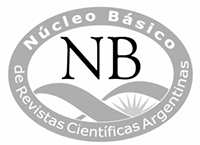First record of Diploscapter coronata (Rhabditida), a possible health significance nematode associated with tomato crops in Argentina
Keywords:
Diploscapter coronata, Lycopersicon esculentum, soil nematodes, facultative parasite, root gallsAbstract
Diploscapter coronata is a free-living soil bacterial-feeding nematode found in compost, sewage or agricultural soil and as a facultative parasite of insects and vertebrates, even humans. The clinical symptoms include epigastric tenderness, diarrhea, crampy abdominal pain, weakness and nauseas. Also, they have been considered as potential carriers of bacteria pathogenic to the surface of preharvest fruits and vegetables in contact with soil. In this note, we reported the presence of D. coronata in the framework of diverse soil nematodes samplings in orchards of Abasto town, Buenos Aires province, Argentina. Soil samples taken from tomato growing (Lycopersicon esculentum) were processed in the laboratory by the centrifugation method, while collected roots were observed directly under stereomicroscope in order to isolate nematodes. Specimens were identified by morphological and morphometric characteristics. Results showed the presence of D. coronata in agricultural soil and in association with root galls, caused by the plant-parasitic nematode, Nacobbus aberrans. Females were the only isolated stage. The detection of this nematode in greenhouses where dogs, cats and poultry live together without any health control highlights the importance of applying proper hygiene measures during agricultural practices to avoid contamination of fruits and vegetables and prevent infections in domestic animals and humans. This report constitutes the first record of the Diploscapter genus with the species D. coronata in Argentina.
Downloads

Downloads
Published
How to Cite
Issue
Section
License
Aquellos autores/as que tengan publicaciones con esta revista, aceptan las Políticas Editoriales.











.jpg)




